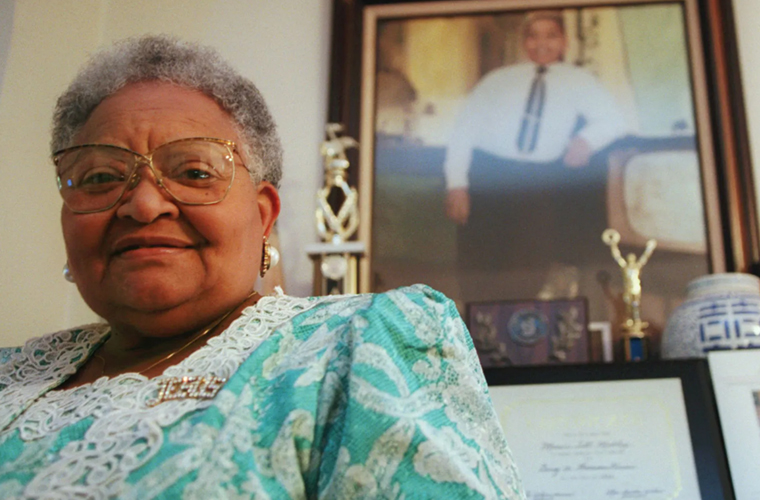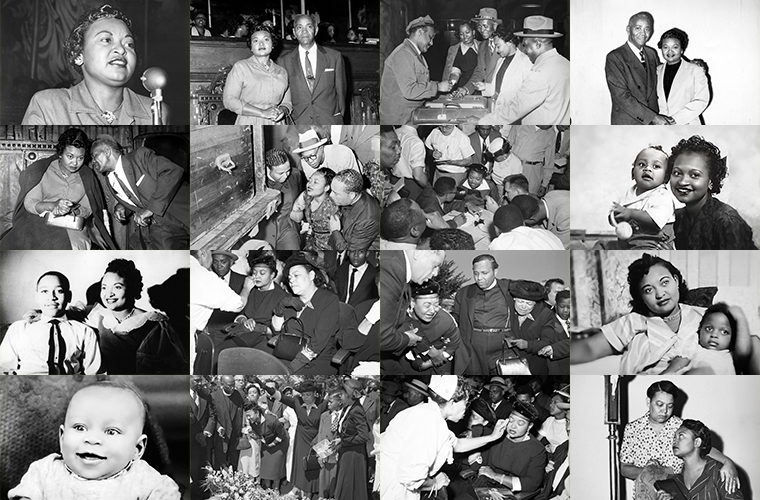Mamie Till Bradley, an influential figure in the civil rights movement, played a pivotal role in shaping the course of American history. Her unwavering determination to seek justice for her son’s brutal murder not only shed light on the deep-rooted racism in the United States but also served as a catalyst for change. This article aims to delve into the life and legacy of Mamie Till Bradley, highlighting her contributions and the lasting impact she had on the fight for justice and equality.
Mamie Till Bradley was born on November 23, 1921, in Webb, Mississippi. Growing up in a racially segregated society, she experienced firsthand the systemic discrimination faced by African Americans. In 1940, she moved to Chicago, seeking better opportunities and hoping to escape the pervasive racism prevalent in the South. Tragedy struck in August 1955 when Mamie’s only son, Emmett Till, was brutally lynched at the age of 14 while visiting relatives in Money, Mississippi. The horrific nature of his murder shocked the nation and brought international attention to the rampant racism and violence faced by African Americans.
Rather than allowing her son’s death to be forgotten or dismissed, Mamie Till Bradley made a courageous decision that would change the course of history. She insisted on an open-casket funeral for Emmett, despite the gruesome condition of his body, to showcase the brutality of racism and demand justice. Her decision led to widespread media coverage and sparked outrage across the nation. The images of Emmett’s mutilated body served as a stark reminder of the atrocities committed against African Americans and galvanized support for the civil rights movement.
Mamie Till Bradley’s unwavering determination to seek justice for her son had a profound impact on the civil rights movement. Her decision to share Emmett’s story with the world not only exposed the brutal reality of racism but also inspired countless individuals to join the fight for racial equality. The trial of Emmett Till’s murderers, despite their eventual acquittal, brought national attention to the deep-seated racism within the American justice system. It served as a catalyst for change, fueling the determination of civil rights activists and prompting a reevaluation of racial inequality in all aspects of society.
Mamie Till Bradley’s efforts did not go unnoticed. Her bravery and resilience in the face of unimaginable tragedy earned her widespread respect and admiration. She became a symbol of strength and perseverance, inspiring generations to stand up against injustice. In recognition of her contributions, Mamie Till Bradley received numerous awards and honors posthumously. In 2003, she was awarded the Spingarn Medal by the National Association for the Advancement of Colored People (NAACP) for her significant role in advancing civil rights. Additionally, her childhood home in Chicago was designated as a Chicago Landmark in 2006.
Mamie Till Bradley’s unwavering pursuit of justice for her son’s murder made an indelible mark on American history. Her bravery in demanding accountability exposed the deep-rooted racism within society and served as a catalyst for change. Mamie Till Bradley’s legacy continues to inspire individuals to fight against injustice and inequality, reminding us all of the power of one person’s determination to make a difference.


